We live in an era of mass migration. Millions of people and families are on the move, driven by conflict, natural disasters, insecurity, and lack of opportunity. The human cost of migration is high, especially for children who often lose access to regular schooling, health care, nutrition, and other factors that will shape their futures for better or for worse.
On this episode of New Thinking for a New World, we push beyond the problems to explore solutions. Three experts share their experiences in designing and executing educational and other programs for children in distress. Listen asPashtana Durrani (LEARN Afghanistan), Lala Lovera (Fundacion Comparte Por Una Vida Colombia), and Caroline Kronley (Tinker Foundation) discuss how it’s possible to deliver quality education even under the most complicated circumstances.
Tell us what you think and comment below.
***
You can watch the webinar here or find the New Thinking for a New World podcast on a platform of your choice (Apple podcast, Spotify, Google podcast, Youtube, etc
ABOUT OUR GUESTS
 Caroline Kronley is the Tinker Foundation’s third President. Previously, she worked as the Managing Director for Strategy at the Rockefeller Foundation, leading the development of new programmatic initiatives. Earlier in her career, she was a management consultant at Katzenbach Partners as well as Booz & Company where she served a broad range of clients on strategy and organizational performance. Caroline worked for a number of years in Mexico, where she oversaw strategic planning activities for a microfinance institution. In this role, she designed and led marketing, partnership, training, and program evaluation initiatives. She graduated from Haverford College with a degree in history and a concentration in Latin American studies and holds an MBA from the Yale School of Management.
Caroline Kronley is the Tinker Foundation’s third President. Previously, she worked as the Managing Director for Strategy at the Rockefeller Foundation, leading the development of new programmatic initiatives. Earlier in her career, she was a management consultant at Katzenbach Partners as well as Booz & Company where she served a broad range of clients on strategy and organizational performance. Caroline worked for a number of years in Mexico, where she oversaw strategic planning activities for a microfinance institution. In this role, she designed and led marketing, partnership, training, and program evaluation initiatives. She graduated from Haverford College with a degree in history and a concentration in Latin American studies and holds an MBA from the Yale School of Management.
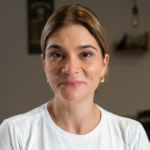 Lala Lovera has over 17 years experience in the social sector specializes in aiding children, youth, and mothers. She drives alliances and sustainability as a nonprofit board member and founded Fundación Comparte Por Una Vida in Colombia, focusing on stabilizing and aiding Venezuelan migrants. Previously, she led programs for children’s rights and adoption at Casa de la Madre y El Niño Foundation. With a background in Education and Social Management, Lala is dedicated to ending malnourishment in migrant families, fostering community development, and replicating successful models across Colombia. She actively participates in philanthropy, migration, and child welfare forums. Lala is from Venezuela and has lived in Colombia for more than 11 years.
Lala Lovera has over 17 years experience in the social sector specializes in aiding children, youth, and mothers. She drives alliances and sustainability as a nonprofit board member and founded Fundación Comparte Por Una Vida in Colombia, focusing on stabilizing and aiding Venezuelan migrants. Previously, she led programs for children’s rights and adoption at Casa de la Madre y El Niño Foundation. With a background in Education and Social Management, Lala is dedicated to ending malnourishment in migrant families, fostering community development, and replicating successful models across Colombia. She actively participates in philanthropy, migration, and child welfare forums. Lala is from Venezuela and has lived in Colombia for more than 11 years.
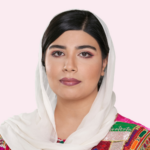 Pashtana Durrani (Boston, MA) is an Afghan human rights activist and community development expert whose focus is girls’ education. Durrani is the founder of LEARN Afghanistan (@LearnAfg), a grassroots organization established to safely and securely provide education to girls through a distributed network of tablet computers using an offline platform. Through LEARN, she has educated 7,000 girls and boys in Kandahar, Afghanistan, and trained more than 80 teachers in digital literacy. LEARN also focuses on girls’ health, and has trained 700 girls in menstrual hygiene management.
Pashtana Durrani (Boston, MA) is an Afghan human rights activist and community development expert whose focus is girls’ education. Durrani is the founder of LEARN Afghanistan (@LearnAfg), a grassroots organization established to safely and securely provide education to girls through a distributed network of tablet computers using an offline platform. Through LEARN, she has educated 7,000 girls and boys in Kandahar, Afghanistan, and trained more than 80 teachers in digital literacy. LEARN also focuses on girls’ health, and has trained 700 girls in menstrual hygiene management.
Durrani was named an Education Champion by the Malala Fund for her outstanding work to advance Afghan girls’ education. She was a global youth representative for Amnesty International and a board member of the steering committee for the Global Environment Facility, an international partnership to address pressing environmental concerns. She is also a winner of the 2021 Tällberg-SNF-Eliasson Global Leadership Prize, Emerging Leader category, which recognizes leaders who have addressed complex global challenges in innovative ways. Her outstanding work placed into The BBC’s 2021 Most Influential Women list, as well as the 2021 #Times100talks
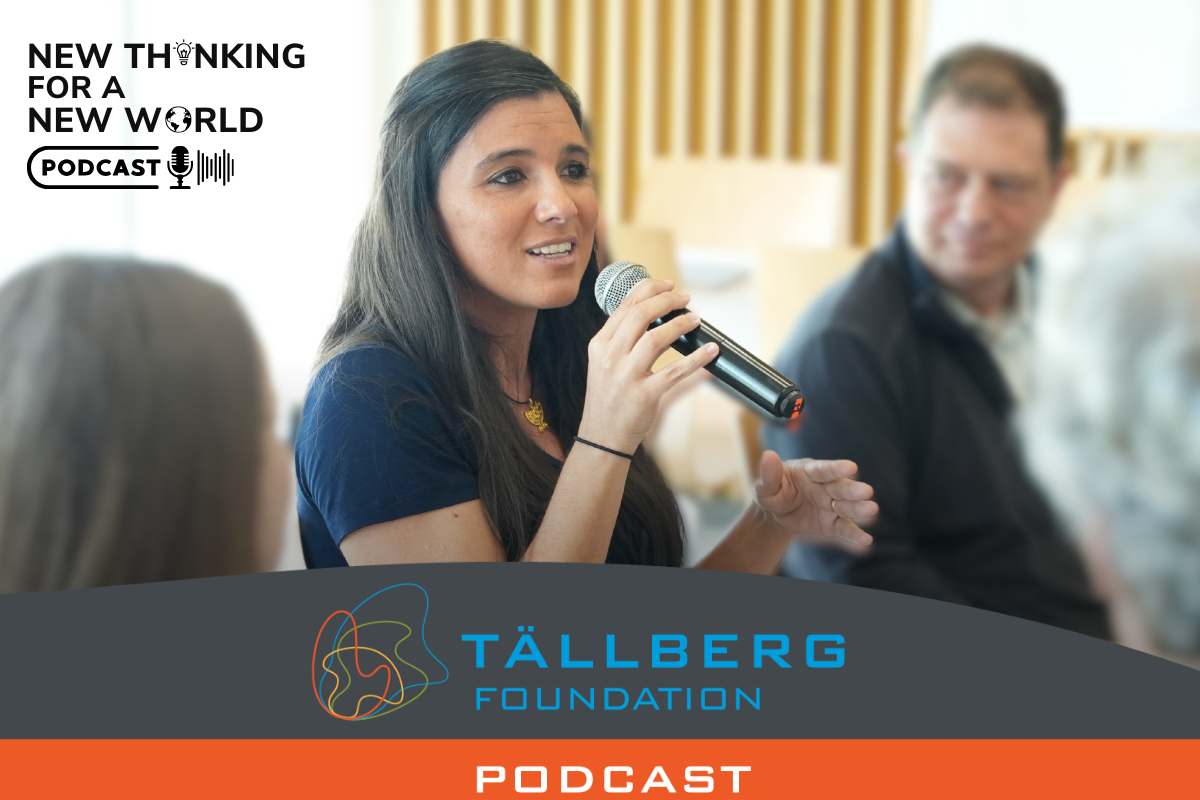
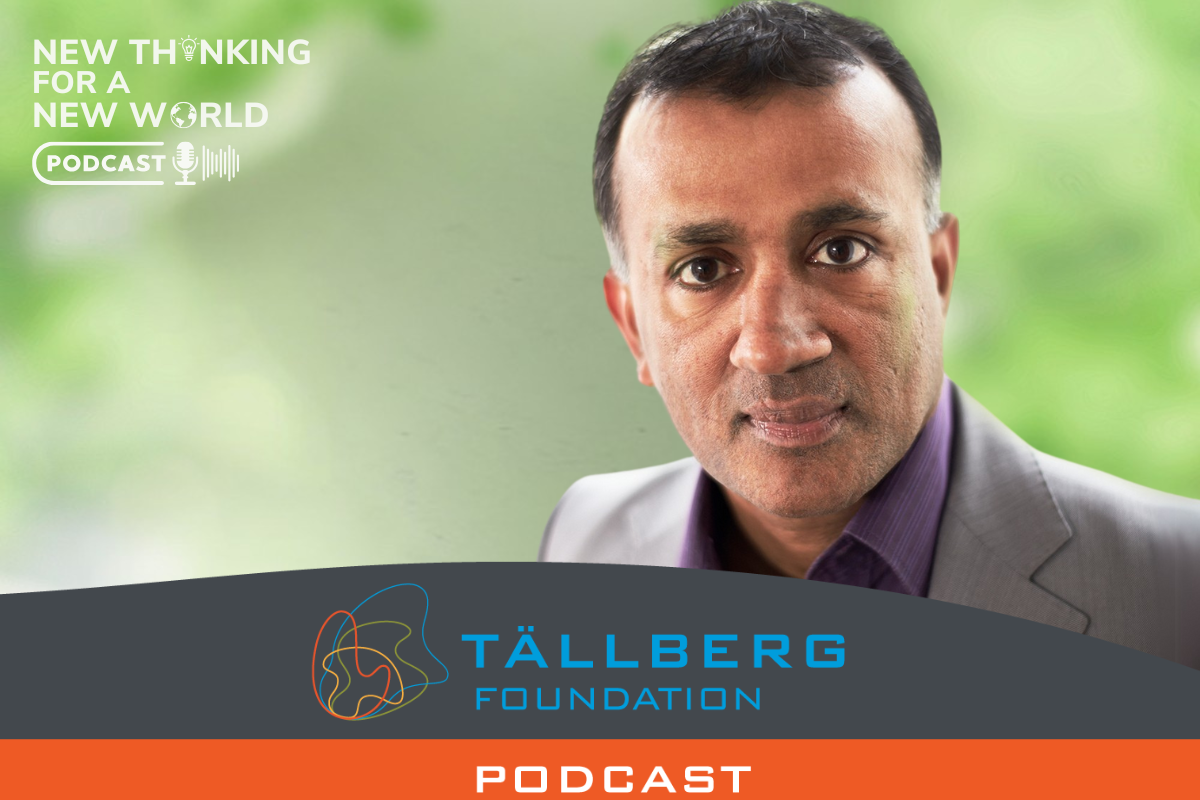
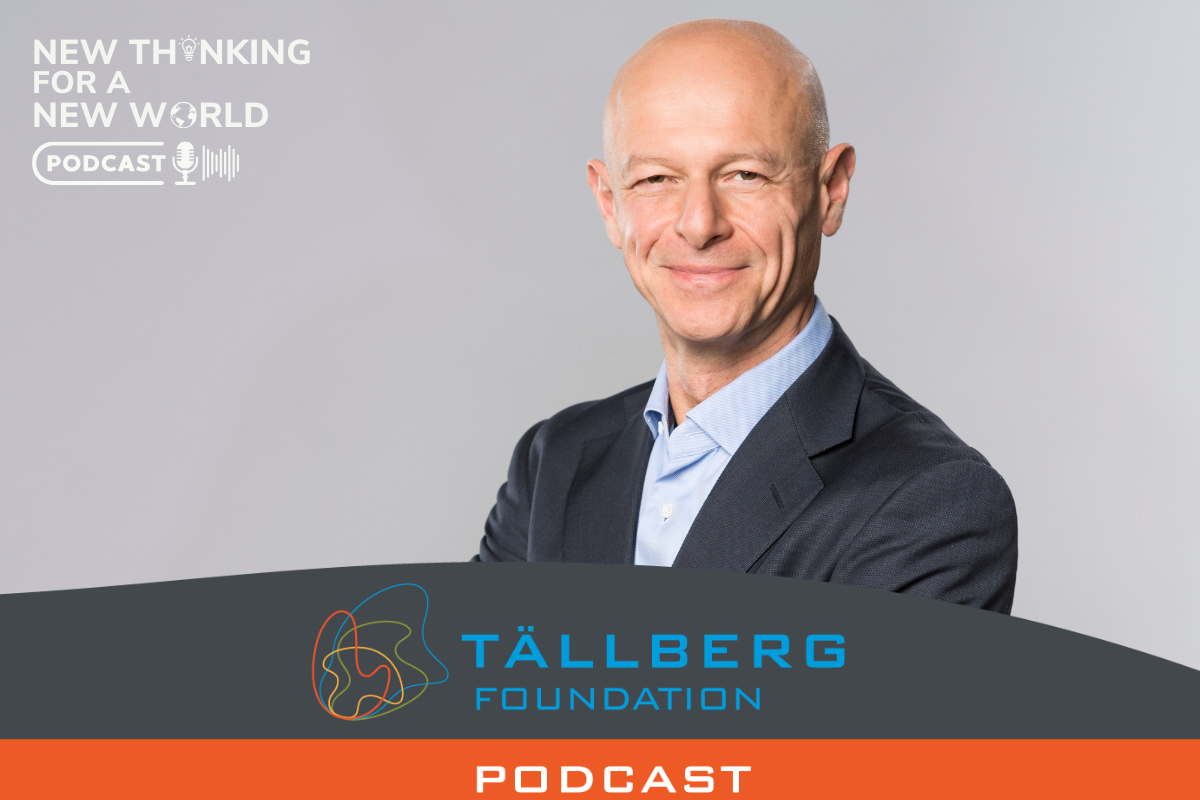
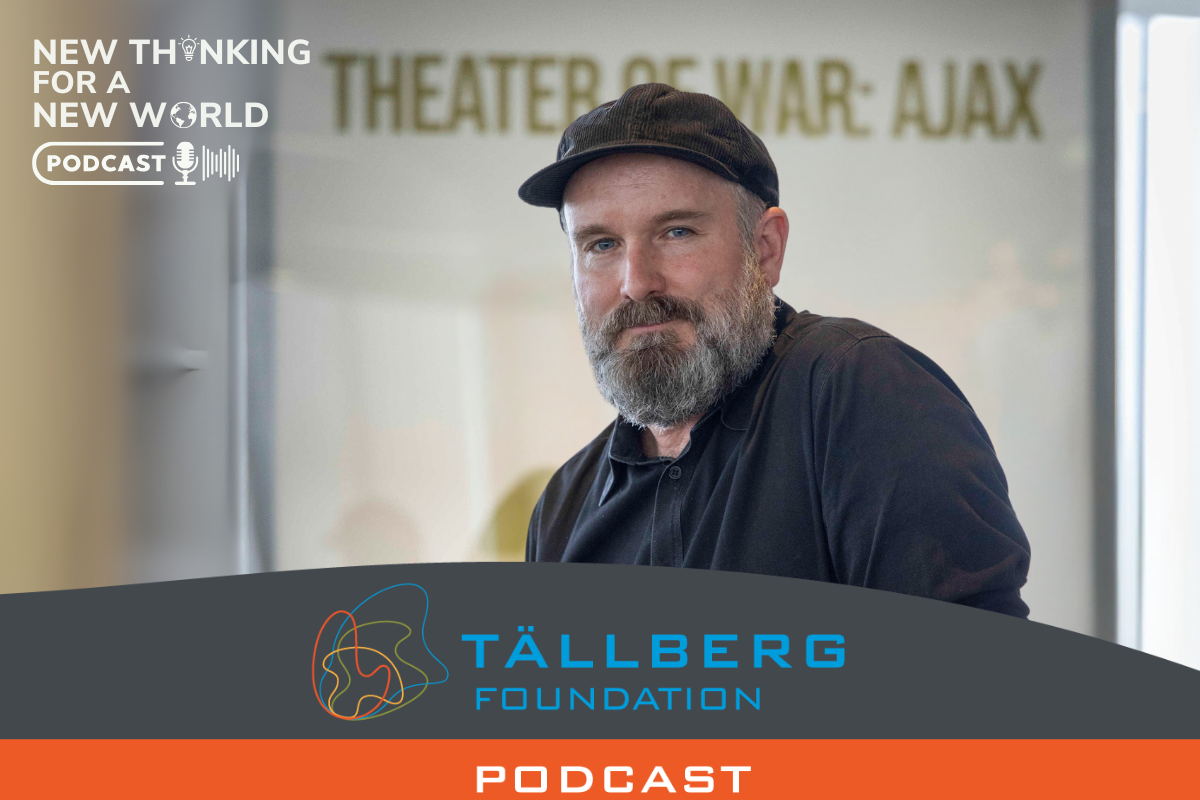
The issue of migration is rarely out of the news at the moment, but migration is nothing new to the UK. Despite having decades to ensure policy and practice helps migrant pupils settle and feel included, research shows that migrant pupils in our schools have varying experiences of education.
How to teach … English as a foreign language
Migrant children will often have travelled a long way, possibly in difficult circumstances. They will probably be tackling language and cultural barriers, and then they have to get to grips with the expectations of a new teacher. So what can educators do to make this process as smooth as possible?Let them be the experts
Migrant children are the experts on their own lives; the best way to find out about them – their previous experiences, their interests, likes and dislikes – is to ask them. For example, children from the Middle East may want to contribute during RE lessons about Islam; some will know more than the teacher.
Rather than seeing this as a challenge to your authority, be ready to draw on their knowledge (and don’t get flustered when they correct your pronunciation of “Qur’an”). Treat them as experts, get to know them as human beings, and encourage everyone else in the class to do the same.
Represent them
Our experience has shown that a crucial question in multi-ethnic schools is whether students can “see themselves” in the “story” of the curriculum. The key to including migrant children is for teachers to be creative with the curriculum, choosing topics to reflect the range of children’s cultural identities and experiences. This can build confidence and a sense of pride in their home countries while offering valuable learning opportunities for their classmates.
If you have a new child from Rwanda, for example, why not use your geography lessons to focus on the Rwandan rainforests? Being inclusive with parents is equally important; drawing on their knowledge can build stronger school-home links and help to include them in the school community.
Get creative
To engage migrant learners with the curriculum, we need to build their understanding in ways other than the “literal” – that which requires language. Picture books are a way to level the playing field for learners with different abilities in English. These books can tell complex stories that require little or no proficiency in English to enjoy. The Arrival by Shaun Tan, for example, is a beautifully illustrated but wordless book that tells a strange tale of migration and discovery: it is the perfect starting point for talking about journeys. Armin Greder, David Weisner and Anthony Browne write similarly engaging yet accessible books.
‘One girl felt punished for her past’ – stories of refugees in UK schools
Dance, art, drama and music are ideal avenues for engaging non-English speakers. As well as tapping into rich seams of cultural tradition, they can be a welcome relief from using words and an opportunity for non-English speakers to shine.
Encourage collaboration
Enabling migrant children to work together means that they can share linguistic and emotional knowledge – they may have been through similar experiences. This could mean buddying up children who have the same home language in class or at playtime, but sometimes it does not even require a shared spoken language – we often find that children are much more creative than we are in being able to communicate with each other, such as when a new arrival from Latvia was described by a less-new-arrival from Sudan as being “really funny” despite neither of them understanding a word of what the other way saying.
But avoid grouping all EAL pupils together all the time – the children we speak to tell us that they want to mix it up sometimes.
Don’t underestimate them
A fundamental reminder: although it is important to consider the additional things we need to do to support migrant children, we should not underestimate them or think their academic abilities are the same as their English language skills. These children may be high-achievers in their home countries and their level of literacy in English may not necessarily reflect their capability overall. Don’t let lack of English language literacy be a barrier – you may have the next Nobel Laureate in your class.
As a single mother educating my child is somehow challenging due to lack of school fees and other personal needs ,also in the area I live in children from slums don’t attend school due to lack of school fees, food, uniforms and other personal items.
I would like and like the mobile school to be available for remote areas
The impact of migration on children’s access to education and essential services is significant. It’s inspiring to see experts like Pashtana Durrani, Lala Lovera, and Caroline Kronley working towards delivering quality education even in complex situations. Their experiences and insights can offer valuable perspectives on innovative solutions to support these vulnerable populations. It’s essential to explore and implement effective strategies to ensure that all children, regardless of their circumstances, have access to education and opportunities for a better future.